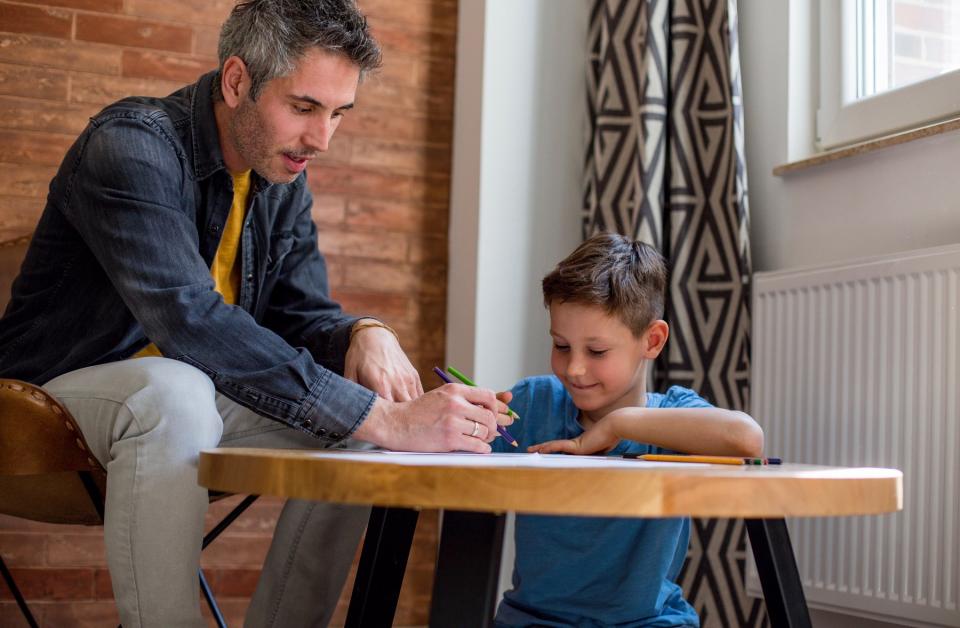Finding a Balance When Parenting Styles Clash
Raising children from separate homes isn't always easy. While many parents may agree on wanting their children to be raised to be happy and healthy, exactly how they go about doing so could be one of their points of contention.
Something that one parent might find extremely important in parenting, such as strictly enforcing rules or letting kids express their creativity, may not be seen the same way by the other parent. Although having different parenting styles isn't necessarily a bad thing, ongoing conflict and intense disputes due to these differences can make it more challenging to co-parent.
So if you find your co-parenting relating to this, how can you make co-parenting work even when parenting styles clash?

Try to find a balance in parenting styles
The spectrum of parenting styles ranges from rather strict and enforcing many rules to easy-going and relaxed with rules. While your parenting style could lean towards one end of the spectrum and your co-parent's towards the other, that doesn't mean that the way that either of you is parenting is necessarily wrong.
As long as your child's safety is not in question when with your co-parent, try to let go of frustrations and respect their time with your child. Work to set aside your opposing views so that you can come together as a team in parenting.
Don't stand in your co-parent's way of parenting your child by badmouthing them or their parenting style in front of your child. Your child shouldn't be made to take sides. That being said, work with your co-parent to reach a consensus on big topics like acceptable behavior, education, healthcare, and other important issues.
Matters such as these can have a significant impact on your child now and into the future, so aligning expectations on these subjects may help you to avoid running into conflict over these matters over time. When addressing these issues with your child, present a united front as parents. This will help to set clear expectations for your child in regards to these important points.
Remember that kids can be flexible
Children often face different rules depending on where they are and what they are doing. They encounter different rules at school, at friends' houses, at sports practice, etc.
Many times, they are able to adapt well to the different rules that they face in the many areas of their lives. They can often do the same when it comes to different rules and styles of parenting in each of their homes.
Help your child adapt to these differences by acknowledging your co-parent's rules in a clear, non-judgemental manner. Be consistent with the expectations for your child in your home, even if your child tells you that they prefer the way your co-parent does something.
Having a routine that your child can count on in your home is more important than trying to be the "fun parent" all of the time, as consistency and stability are what helps children to thrive.

If you keep clashing, try parallel parenting
When it feels impossible to collaborate as parents and you're constantly clashing, you and your co-parent might consider taking some time to disengage from each other.
Parallel parenting is an arrangement in which co-parents limit their direct contact while still each staying very involved with their children. This kind of arrangement could provide some space to let conflicts settle, and you may find it easier to come back and work together as co-parents later on.
Talk to your family law and mental health professionals to learn more about parallel parenting and whether it might be a good fit for your situation.
Align on what's most important: your child's wellbeing
Your parenting style may never fully align with that of your co-parent, but your child can still thrive. Work to find a balance in parenting, and try to get on the same page when it comes to the most important things, like ensuring that your child is happy, healthy, and well-supported by those close to them.
Keep in mind that your child is flexible enough to adapt to different rules and styles of parenting in each of their homes. And if you find yourselves frequently in conflict, talk to your professionals about how you might find a way to disengage from each other while remaining focused on raising your child.



